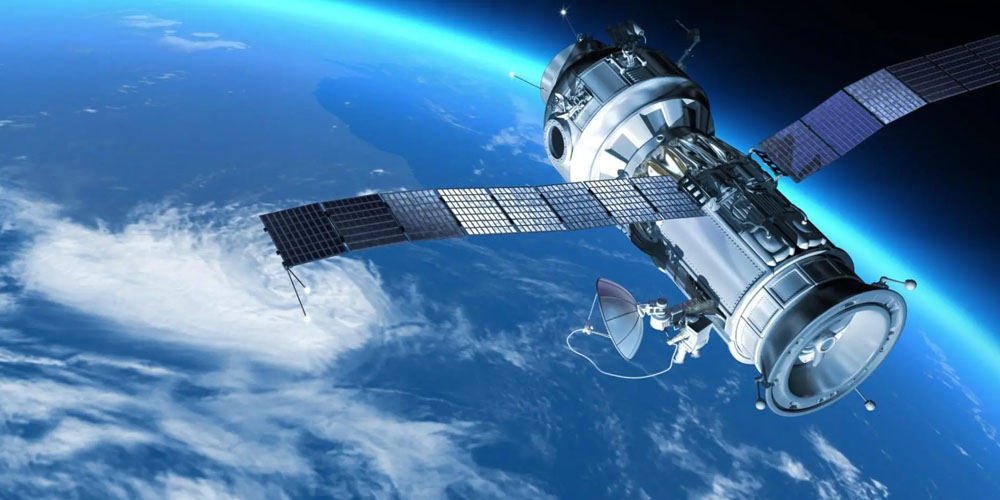Introduction:
Space exploration is entering a new golden age, driven by advancements in technology, increased collaboration between nations, and the growing role of private companies. From returning to the Moon to planning missions to Mars and beyond, the future of space exploration promises discoveries that will reshape our understanding of the universe.
Next-Generation Spacecraft:
The next wave of spacecraft is being designed for longer missions, greater payload capacity, and reusability. SpaceX’s Starship and NASA’s Orion spacecraft are two prime examples, built to transport astronauts farther into the solar system than ever before. These innovations aim to reduce costs, improve safety, and make deep-space missions more feasible.
Returning to the Moon:
NASA’s Artemis program is set to land humans on the Moon again, this time with the intention of establishing a sustainable lunar presence. The Moon will serve as both a training ground and a staging area for future missions to Mars, allowing scientists to test life-support systems, habitats, and resource extraction methods.
Missions to Mars and Beyond:
Mars remains a top priority for space agencies and private companies. Planned crewed missions in the 2030s aim to set foot on the Red Planet and pave the way for potential colonization. Beyond Mars, concepts for missions to asteroids, Jupiter’s moons, and even interstellar probes are being actively studied.
Advancements in Robotics and AI:
Artificial intelligence and advanced robotics are playing an increasingly vital role in space exploration. Autonomous rovers, self-repairing satellites, and AI-assisted navigation systems are enabling missions to operate with minimal human intervention, especially in environments where communication delays are significant.
Space Economy and Tourism:
The future of space is not limited to exploration alone — the emerging space economy will include mining asteroids for rare minerals, building orbital habitats, and offering space tourism experiences. Companies like Blue Origin, SpaceX, and Virgin Galactic are already pioneering this new industry.
Conclusion:
As humanity pushes deeper into space, the line between science fiction and reality continues to blur. The next decades promise monumental breakthroughs in exploration, technology, and even the way we think about our place in the cosmos. The future of space exploration is not just about reaching new worlds — it’s about building a sustainable, multi-planetary future for generations to come.

